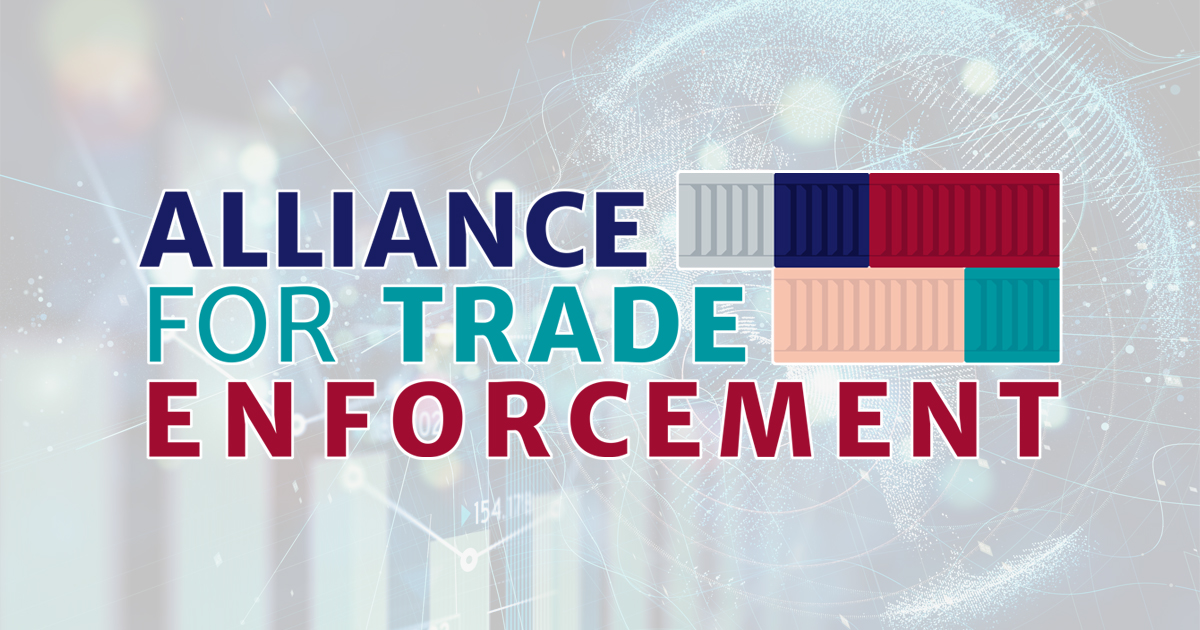|
The Alliance for Trade Enforcement recently submitted comments to the U.S. Trade Representative for this year’s Special 301, the Office’s annual review to identify countries that deny adequate intellectual property protections or erect access barriers to America’s innovative industries. Some highlights from AFTE’s submission include:
- A proposal before the WTO TRIPS Council to suspend intellectual property rules during the Covid-19 crisis undermines America’s creative industries — including music, film, television, and biotech — and jeopardizes the research, development, and production of treatments when they’re needed most.
- Japan’s medicine pricing policies lack basic transparency, discriminate against American companies and products, and call into question Japan’s commitment to the WTO.
- The Indonesian government requires movie theaters to dedicate 60 percent of their screens to local movies. This flies in the face of the nation’s WTO obligations and disadvantages American filmmakers, actors, and others who work in the movie industry.
- Canada’s lax copyright enforcement framework — and failure to extend copyright protections as required under USMCA — hurt American creators in film, music, and publishing.
- Counterfeiting in Mexico remains a concern, particularly for the U.S. manufacturing industry and its workers. To date, the Mexican government has done little to combat this problem.
These are just a handful of the examples in AFTE’s submission. Too many of America’s trading partners violate agreements and global standards, through price controls, compulsory licensing, copyright violations, and the like. These unfair trade practices and market-access barriers disadvantage the one in five American jobs that depend on international trade.
Luckily, USTR can defend these workers by holding our nation’s trading partners accountable.
AFTE’s full submission can be found here and any questions can be directed to Joshua Teitelbaum at 202-887-4081 or jteitelbaum@akingump.com. |


